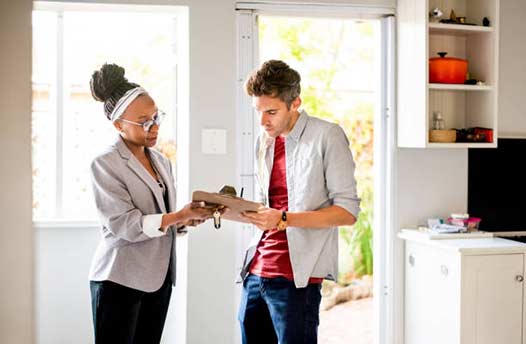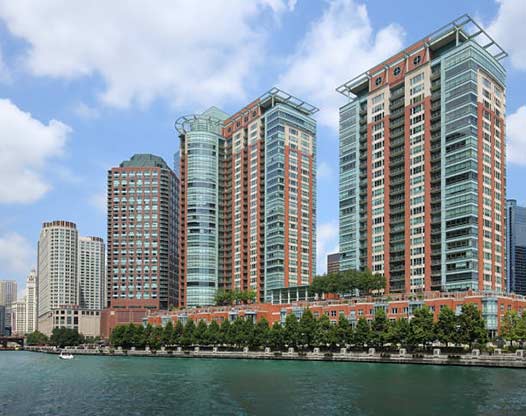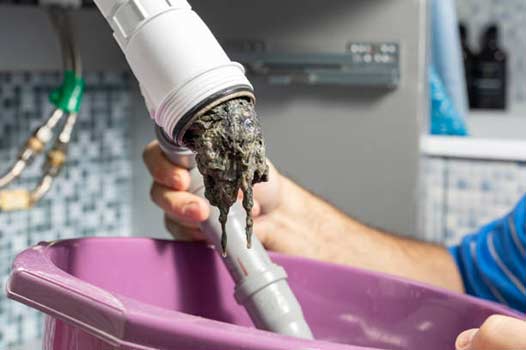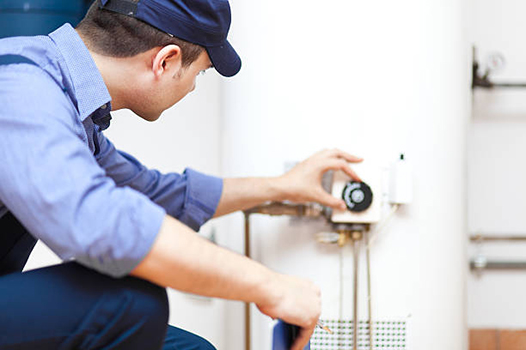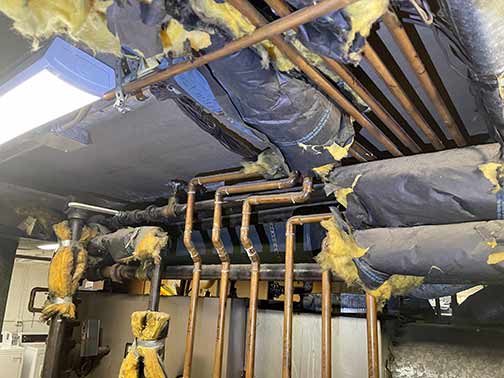Plumbing repairs are an inevitable part of maintaining a rental property. Whether you are a tenant or a landlord in Chicago, it’s crucial to understand who is responsible for these repairs. This article aims to provide clarity on the matter and shed light on the rights and responsibilities of both tenants and landlords when it comes to plumbing issues.
Tenant Responsibilities
As a tenant in Chicago, it’s essential to be aware of what falls under your responsibility in terms of plumbing repairs. While you may not be expected to have the expertise of a professional plumber, there are still certain obligations that you must fulfill:
- Regular maintenance: Tenants are responsible for ensuring the proper use and care of the plumbing fixtures and systems in their rental unit. This includes avoiding any actions that may cause damage, such as flushing foreign objects down the toilet or pouring grease down the kitchen sink.
- Prompt reporting: Tenants should promptly inform their landlord or property management company of any plumbing issues they encounter. This includes leaking faucets, clogged drains, or malfunctioning toilets. Early reporting can help prevent minor problems from escalating into major repairs.
- Cooperation with repairs: When a plumbing issue arises, tenants must allow their landlord or authorized repair personnel to enter the premises and carry out necessary repairs. Cooperation is crucial for resolving the problem efficiently.
- Maintaining cleanliness: Tenants are responsible for keeping their rental unit clean and free from any actions that may cause plumbing problems. This includes regularly cleaning drain traps, showerheads, and faucet aerators to prevent build-up.
Landlord Responsibilities
While tenants have their share of responsibilities, landlords in Chicago are legally obligated to provide safe and habitable living conditions, which includes maintaining the plumbing systems in their rental properties. Here are some of the key responsibilities of landlords:
- Ensuring functional plumbing: Landlords must ensure that the plumbing systems in their rental units are in good working condition. This includes providing running water, functional toilets, and properly draining sinks and showers.
- Prompt repairs: When a tenant reports a plumbing issue, landlords should address the problem in a timely and efficient manner. Ignoring or delaying repairs can lead to further damage and potential health hazards for the tenants.
- Hiring professional help: If the repair work requires expertise beyond the landlord’s capabilities, it is their responsibility to hire a qualified plumber or plumbing service to handle the repairs. This ensures that the work is done correctly and meets the necessary standards.
- Providing notice: Landlords must provide reasonable notice to their tenants before entering the rental unit to carry out plumbing repairs. Unless it is an emergency situation, the tenant’s privacy and right to quiet enjoyment should be respected.

Landlords cannot shift the responsibility for major plumbing repairs onto the tenant.
Understanding Lease Agreements
The responsibilities of tenants and landlords regarding plumbing repairs can vary depending on what is stated in the lease agreement. It is essential for both parties to carefully review the lease before signing it to ensure they are aware of their rights and obligations.
In some cases, landlords may include a clause in the lease that specifies which plumbing repairs tenants are responsible for. This could involve minor issues such as changing a washer on a faucet or unclogging a drain. However, landlords cannot shift the responsibility for major plumbing repairs onto the tenant.
Resolving Disputes
In the event of a plumbing issue, conflicts over responsibilities may arise between tenants and landlords. It is advisable for both parties to maintain open lines of communication and attempt to resolve the dispute amicably.
If an agreement cannot be reached, tenants can seek assistance from local authorities or legal counsel to understand their rights and explore possible recourse. It may be necessary to involve mediation or file a complaint with the appropriate housing agency.
Maintaining a Positive Relationship
Both tenants and landlords should strive to maintain a positive and respectful relationship to avoid conflicts and ensure a harmonious living arrangement. Clear communication and understanding of each party’s responsibilities can help foster this positive relationship.
Tenants should make an effort to report plumbing issues promptly and take reasonable measures to prevent damage. Landlords, on the other hand, should address repairs in a timely manner, provide clearly written lease agreements, and maintain open lines of communication.
In Conclusion
In Chicago, the responsibility for plumbing repairs is shared between tenants and landlords. Tenants are responsible for regular maintenance, prompt reporting of issues, and cooperating with repairs. Landlords have the obligation to ensure functional plumbing, make prompt repairs, hire professionals when needed, and provide reasonable notice before entering the rental unit.
By understanding these responsibilities and fostering a positive relationship, both tenants and landlords can contribute to maintaining a well-functioning plumbing system and a pleasant living environment.
